Department of African and African American Studies Celebrates 50 years
Courtesy of Mark Naison
Keynote speaker of the 50th anniversary celebration, Farrah Jasmine Griffin, posed with Fordham student, Veronica Quiroga.
November 13, 2019
When Professor Mark Naison, Ph.D., joined the Department of African and African American Studies at Fordham in the spring of 1970, it was just one year old and technically an “institute” rather than a “department.” It started with a student protest and sit-in in a dean’s office in 1969. A group of mainly undergraduate students cornered a dean in his office with a graduate student, Quinton Wilkes as their go between.
“They were for increased enrollment of black students, increased black faculty, a black studies program and increased scholarship aid, those were the demands,” said Wilkes in an interview with the Bronx African American History Project.
Now the program is celebrating its 50th anniversary, and Naison has been there through almost all of it.
Naison wrote in his memoir about how struck he was when he arrived on Fordham’s campus to interview for a position. At the time, the program was staffed mainly by graduate and undergraduate students like Naison. Naison interviewed with the director of the Afro-American Institute at Fordham, Stanley Majors.
“The goal of the institute was not just to promote an academic understanding of the black experience, it aimed to promote community involvement, cultural awareness and participation in black liberation struggles in the community, the nation and the world,” wrote Naison.
According to Naison, some friendly administrators helped the institute thrive early on by allowing its classes to count toward what would become core requirements — but others were not as helpful.
“During the institute’s first two years, the faculty had kept the institute at arm’s length, regarding it as a temporary expedient to keep militant black students from burning the university down,” wrote Naison.
In celebration of the anniversary, the department held an event featuring speakers and panels including one with several founding members. Naison called the event remarkable.
“The biggest challenge is we were inventing a discipline as we went along,” said Naison. “There was no such thing as black studies departments when we founded this department in the late ’60s.”
The department’s long history makes it one of the oldest African and African American Studies Departments in the country, one of the first at a Jesuit University and the first of any metro New York private university.
“When they asked me what I wanted to teach I made up three courses on the spot that had never been taught anywhere before,” said Naison.
In 1976, the institute was given full departmental status. In order to achieve this, Naison and his colleagues earned Ph.D.s in fields related to African and African American studies, but they could not get degrees in the actual field because no programs existed at the time. Even today only a few doctoral programs in African-American studies exist.
“A lot of us really were committed. We felt passionately that this material was important for everybody to learn,” said Naison. “We were gonna do something about racial inequality in society. You had to put the history of black people in America front and center to really understand the history of the country and to move forward.”
Looking ahead, a long-term goal for the department is being able to grant master’s degrees and eventually Ph.D.s. For that to happen, Naison said they would need more full time faculty.
As of now, he said, the department grants 6–7 majors a year and 6–7 minors, but many of the classes fill almost immediately and count for core requirements. They also run one of the largest oral history projects in the country, The Bronx African American History Project.
“We want to showcase our department’s commitment to have a connection with the communities that surround Fordham,” said Naison.
Professor Jane Edward, Ph.D., who published a paper on African immigration to the Bronx, said the project is what caused her to join the faculty at Fordham.
“What drew me to Fordham was when I realized there’s a large number of African people, from West Africa in particular, in the Bronx,” said Edward. “So I started to look into that through the Bronx African American History Project, and then later I started teaching. I liked Fordham because it provided a space for someone like me to do my research as well as to teach.”
Veronica Quiroga, FCRH ’20, is a current African and African American Studies major from the Bronx. She said she first discovered the department after taking a class for her Understanding Historical Change core requirement. Upon further inquiry into the department, she decided to major in it and now wants to become a professor.
“I realized the department is much more than just a major,” said Quiroga. “It represents a home – a sort of niche for students and faculty who are truly invested in the politics which affect low income as well as students coming from various underrepresented backgrounds.”
In Naison’s From Rock ’N’ Roll to Hip-Hop class, Quiroga said she was introduced to Bronx history for the first time at Fordham, which led her to the Bronx African American History project where she is now a research assistant.
“The Bronx African American History Project is deeply committed to engaging with the members of the community where our institution is located,” said Quiroga. “The members of our department are also key figures in making the university’s mission ‘to be a man and woman for others’ come alive through our advocacy, the events we put together and our commitment to the people we stand for.”

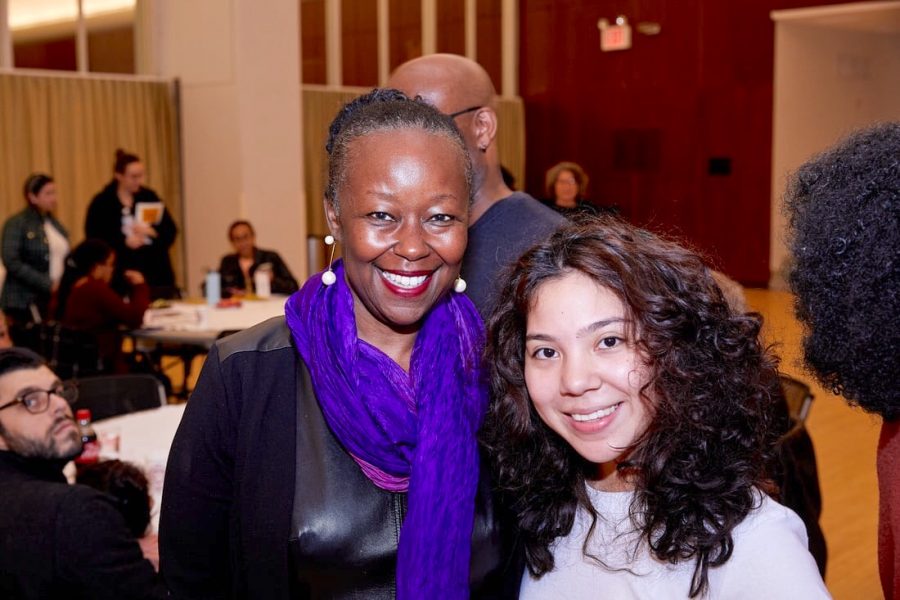
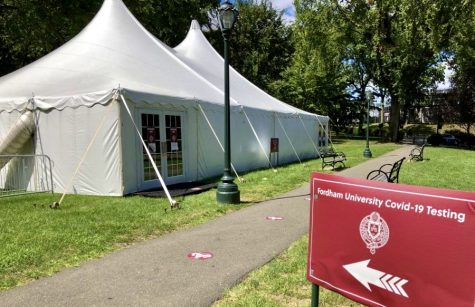
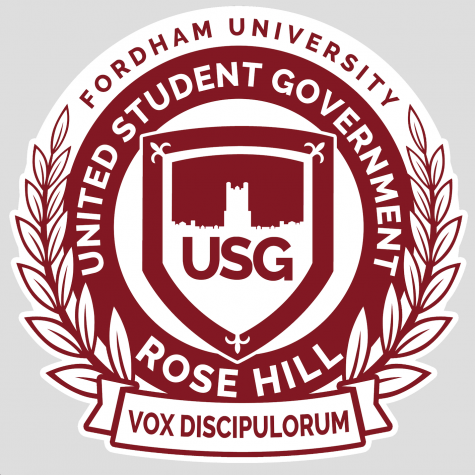
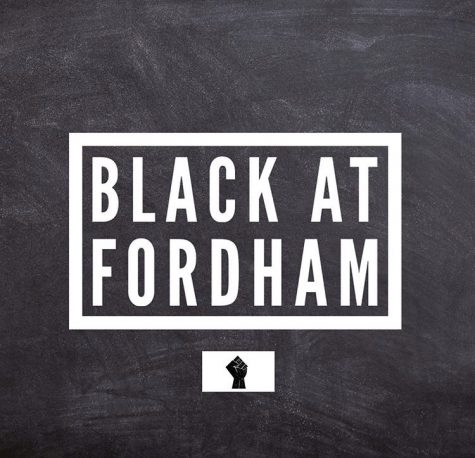
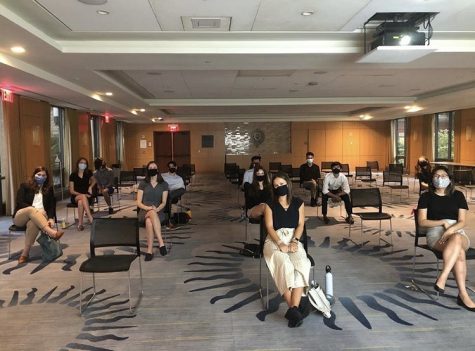
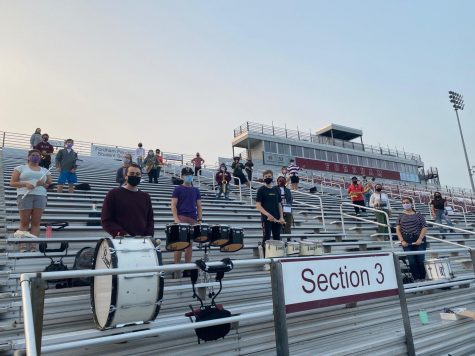
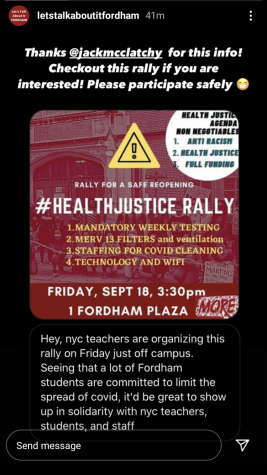
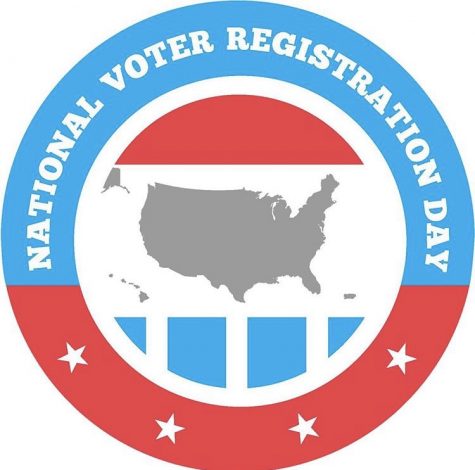
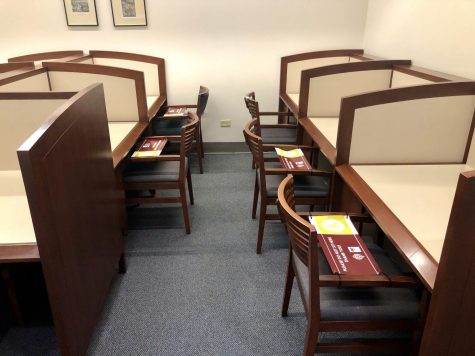
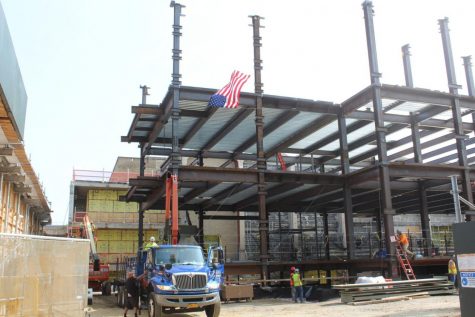

If you want a picture to show with your comment, go get a gravatar.